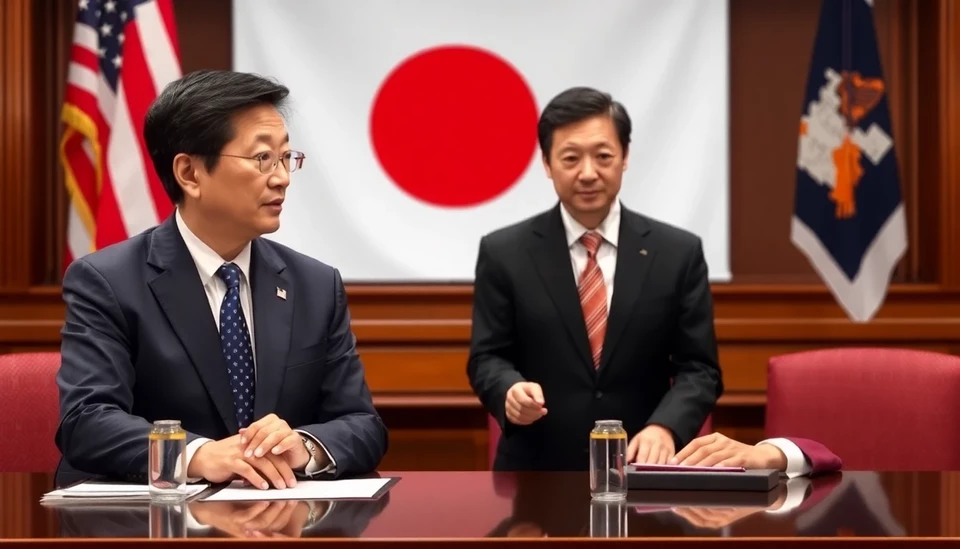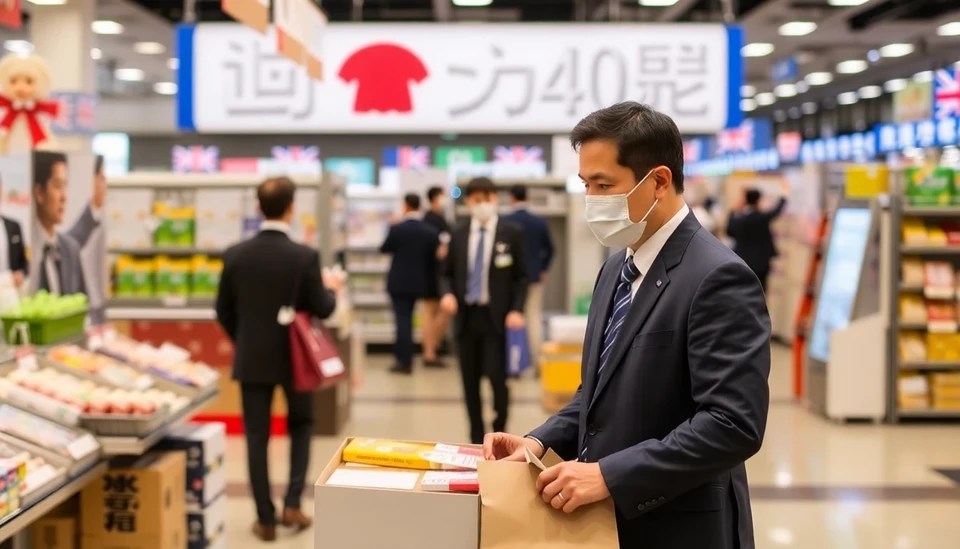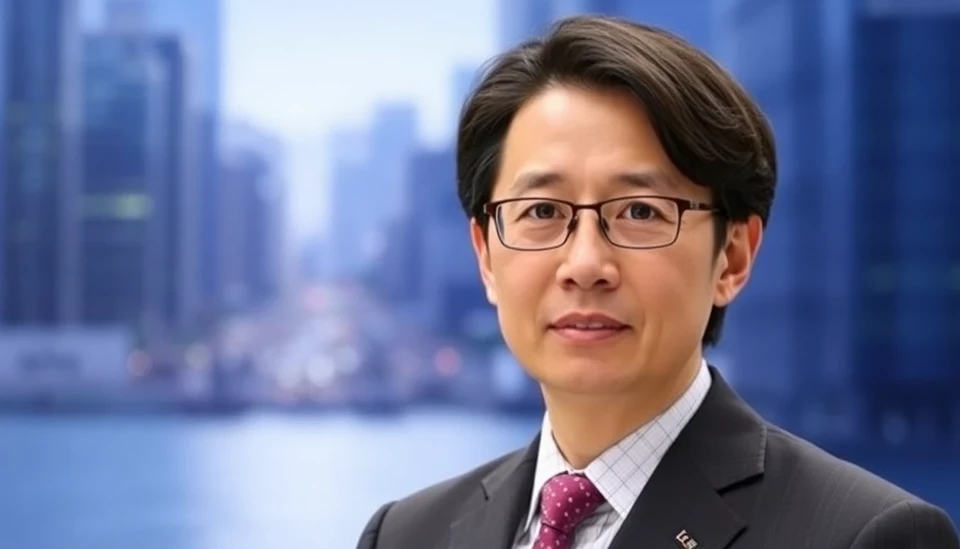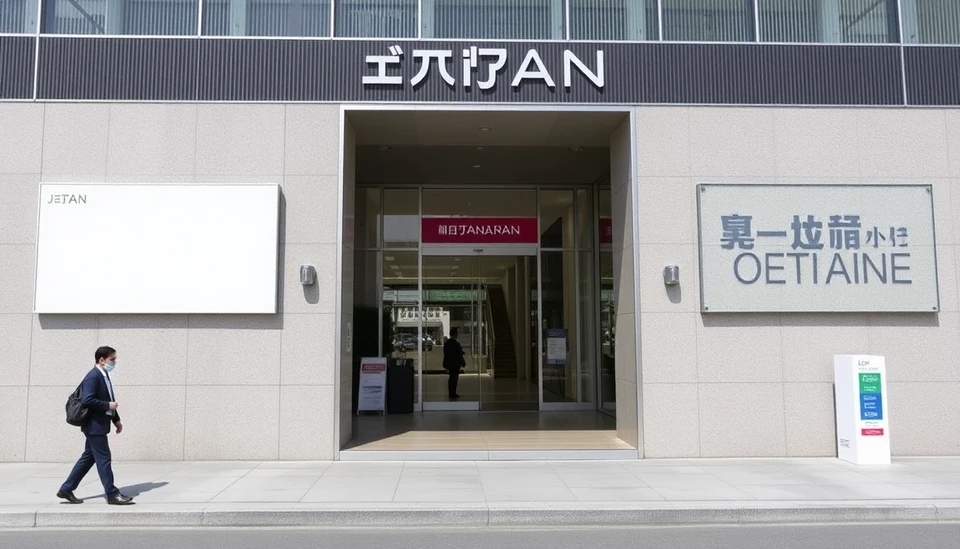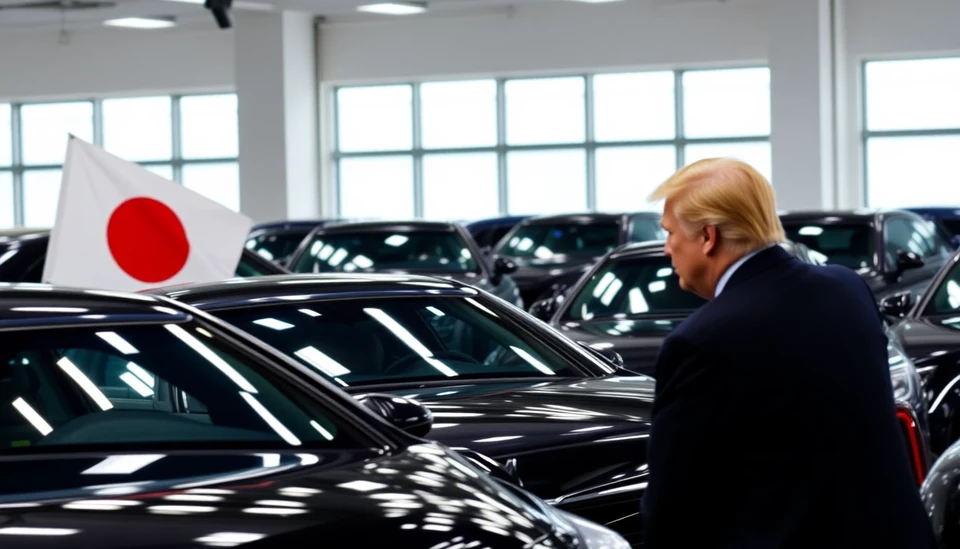
In a move signaling Japan's proactive approach to international trade negotiations, Japanese officials are reportedly planning to initiate discussions with former President Donald Trump surrounding the contentious issue of auto tariffs. These potential talks come as Japan aims to bolster economic ties with the United States while navigating existing trade tensions.
The context of these discussions is rooted in a broader strategy to strengthen Japan's automotive industry against the backdrop of global competition. The Japanese government recognizes the significant impact that tariffs on automobiles could have on its auto manufacturers, especially in light of Trump's previous policies that enacted tariffs on imported vehicles and components during his presidency.
Sources close to the discussions indicate that Japan's leadership views this as an opportune moment to engage with Trump, who remains a pivotal figure in American politics and has a favorable relationship with many segments of the automotive sector. The focus of these talks would be on potentially reducing the existing tariffs that have placed a financial burden on Japanese automakers, which are striving to remain competitive in the U.S. market.
In addition to addressing the tariff issue, Japan is also keen on discussing broader economic collaboration with the U.S. This includes exploring areas such as technology exchange, supply chain partnerships, and investment opportunities that could benefit both nations. Such engagements would further solidify the bilateral relationship, which has historically been marked by cooperation but also periods of tension, particularly regarding trade policies.
Japan's plans come at a critical juncture, as the auto industry globally is experiencing profound transformations with the advent of electric vehicles (EVs) and advanced manufacturing technologies. By fostering a more favorable trade environment, Japan aims to position itself as a leader in the EV market, a sector that both Japanese and American companies are racing to dominate.
The dialogue with Trump is seen as a strategic attempt to sway U.S. policy in favor of Japanese interests while also fostering a constructive partnership that can withstand future challenges. Analysts suggest that successful negotiations could result in enhanced access to the American consumer market for Japanese vehicles, potentially increasing sales and reinforcing the strength of Japanese automotive brands in the U.S.
As Japan moves forward with these plans, its government faces the intricate task of balancing domestic automotive interests with the broader geopolitical landscape. The outcome of these discussions may set the tone for future U.S.-Japan trade relations and could influence how both countries navigate the complex realities of international commerce in the years to come.
With this strategic approach, Japan is not only seeking to protect its automotive industry but is also signaling its readiness to engage collaboratively on the global stage, setting a precedent for how nations can negotiate mutually beneficial trade agreements in an evolving economic landscape.
As these developments unfold, all eyes will be on the negotiations and the potential ripple effects for the auto industry and beyond.
#Japan #Trump #AutoTariffs #TradeRelations #AutomotiveIndustry #USJapanTrade #ElectricVehicles #Economy #GlobalTrade
Author: Rachel Greene
